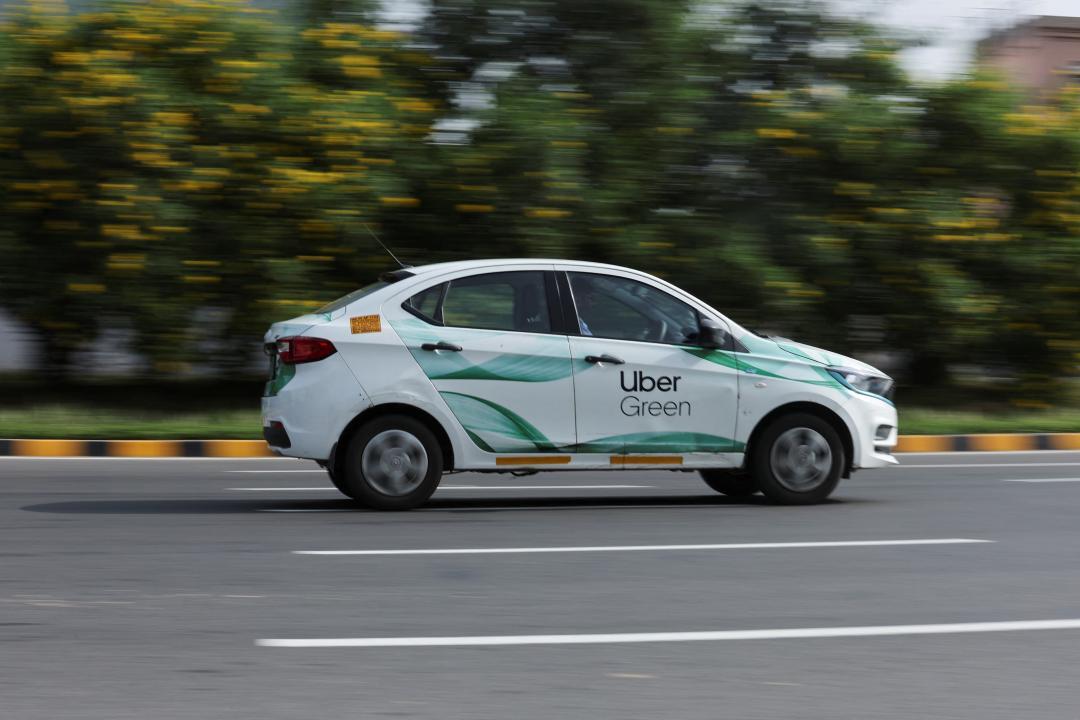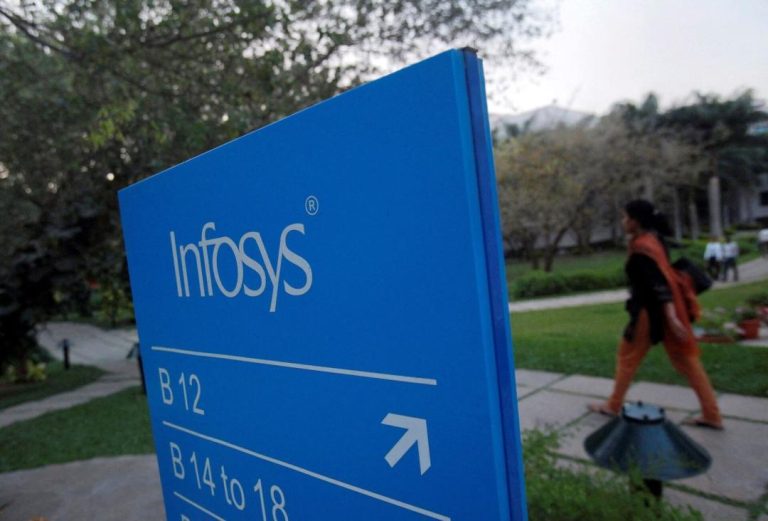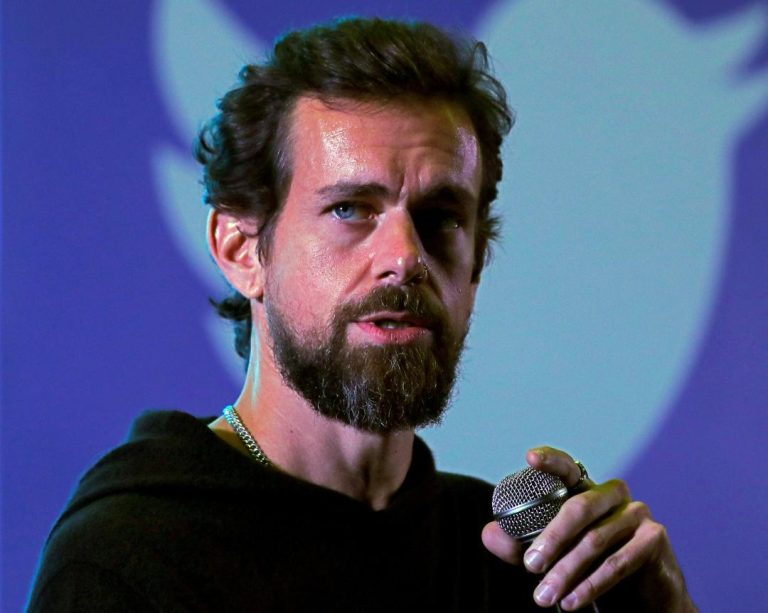
Why are Ola, Uber & Rapido drivers on indefinite strike in Mumbai?
Mumbai, the financial capital of India, has been experiencing disruptions in its ride-hailing services after thousands of drivers for Uber, Ola, and Rapido went on an indefinite strike. The strike has resulted in longer wait times and fewer cabs on the road, causing inconvenience to commuters. The drivers, who are the backbone of these ride-hailing services, have been protesting against the low earnings they are making due to the high commissions and fuel expenses deducted by the aggregators.
The drivers, who are mostly small-scale entrepreneurs, have been struggling to make ends meet as their actual income falls to just ₹8-12 per kilometre after deducting aggregator commissions and fuel expenses. With rising fuel and maintenance expenses, their earnings are unsustainable, leading to the strike.
According to reports, the drivers are demanding a higher share of the fare and more transparency in the way commissions are calculated. They are also seeking a reduction in the commission rates charged by the aggregators. The drivers have been forced to take this drastic step as they are unable to make a decent living despite working long hours.
The strike has affected not only the drivers but also the commuters who are now forced to wait longer for their rides. Many commuters took to social media to express their frustration and disappointment at the lack of services available.
The strike is not limited to Mumbai alone, as similar protests have been reported in other cities like Delhi and Bengaluru. The drivers are united in their demand for better earnings and fair treatment from the aggregators.
The aggregators, on the other hand, have been accused of exploiting the drivers by charging them high commissions and deducting fuel expenses without providing any support or relief. The drivers are demanding a more transparent and fair system where they can earn a decent income.
The strike has also raised questions about the regulatory framework for ride-hailing services in India. The government has been accused of being lenient towards the aggregators, allowing them to operate with minimal regulations and oversight.
In a statement, the Maharashtra Navnirman Sena (MNS) has supported the drivers’ strike, saying that it is a fight against the exploitative practices of the aggregators. The MNS has also demanded that the government should take immediate action to resolve the issue and ensure that the drivers get a fair deal.
The strike is ongoing, and it remains to be seen how the aggregators and the government will respond to the drivers’ demands. In the meantime, commuters are advised to plan their journeys accordingly and expect longer wait times for their rides.






